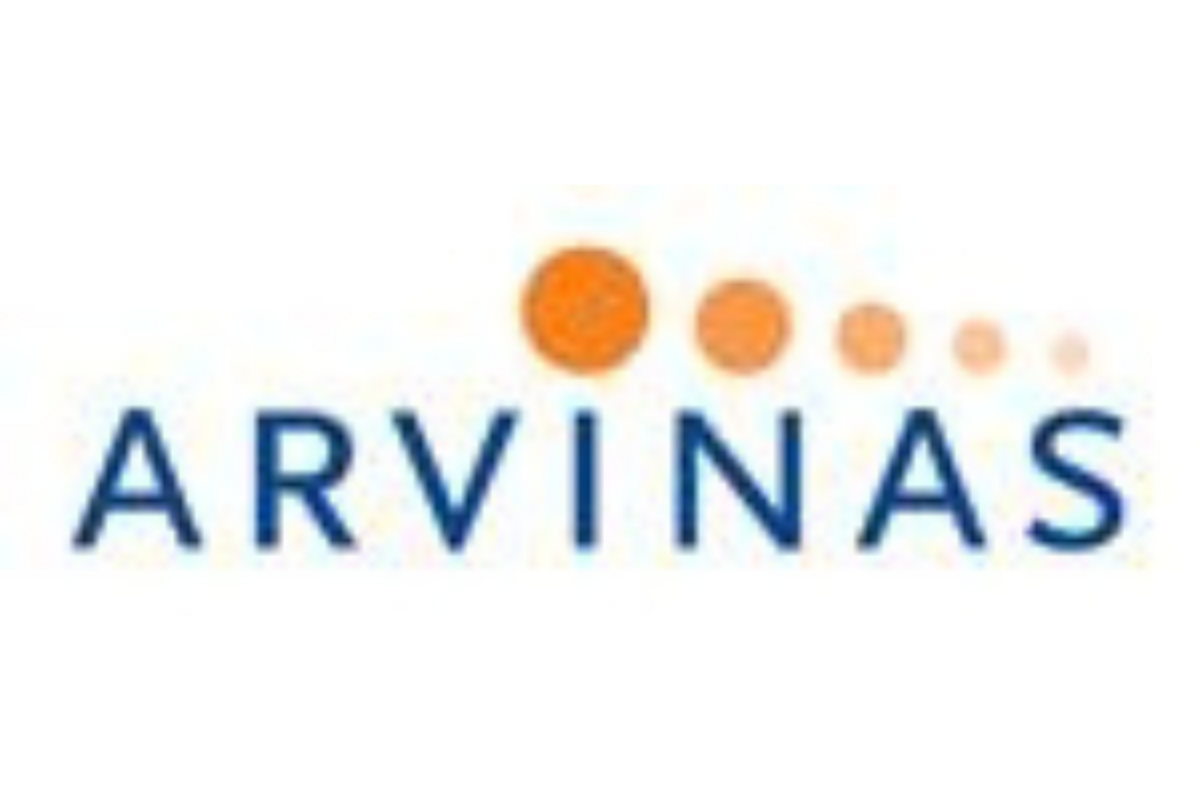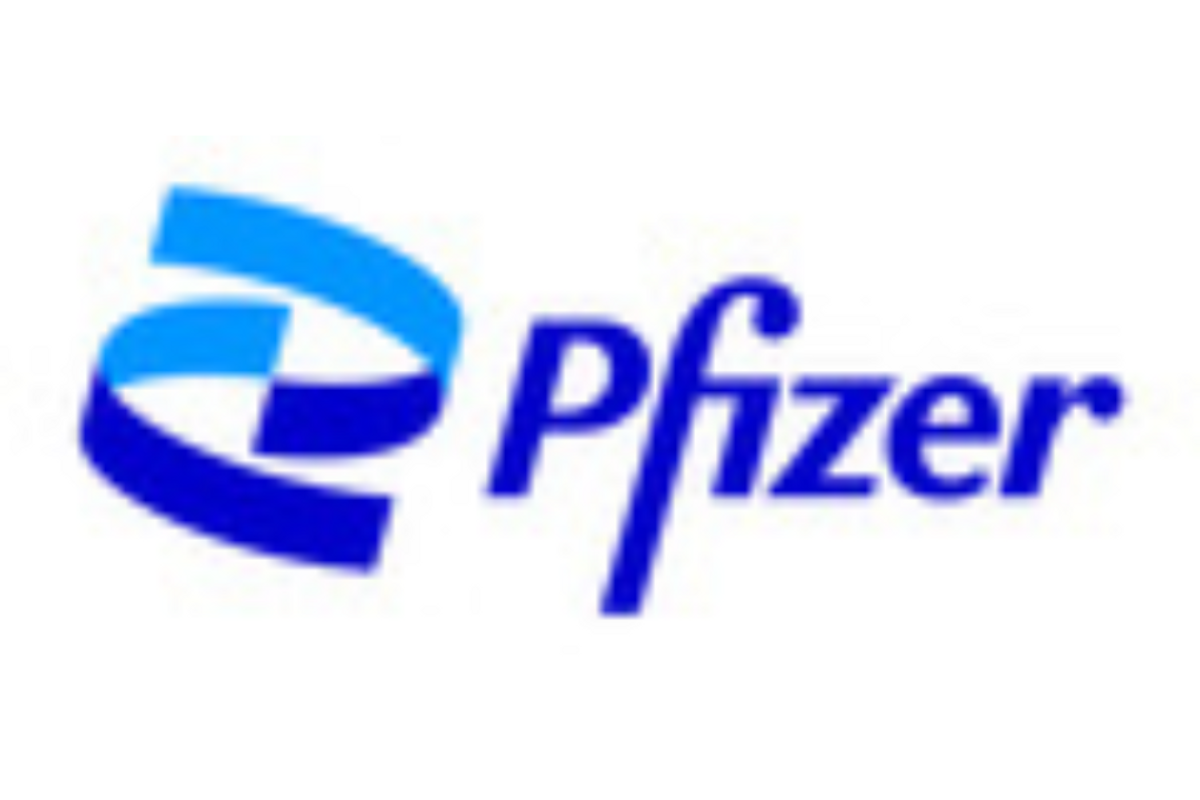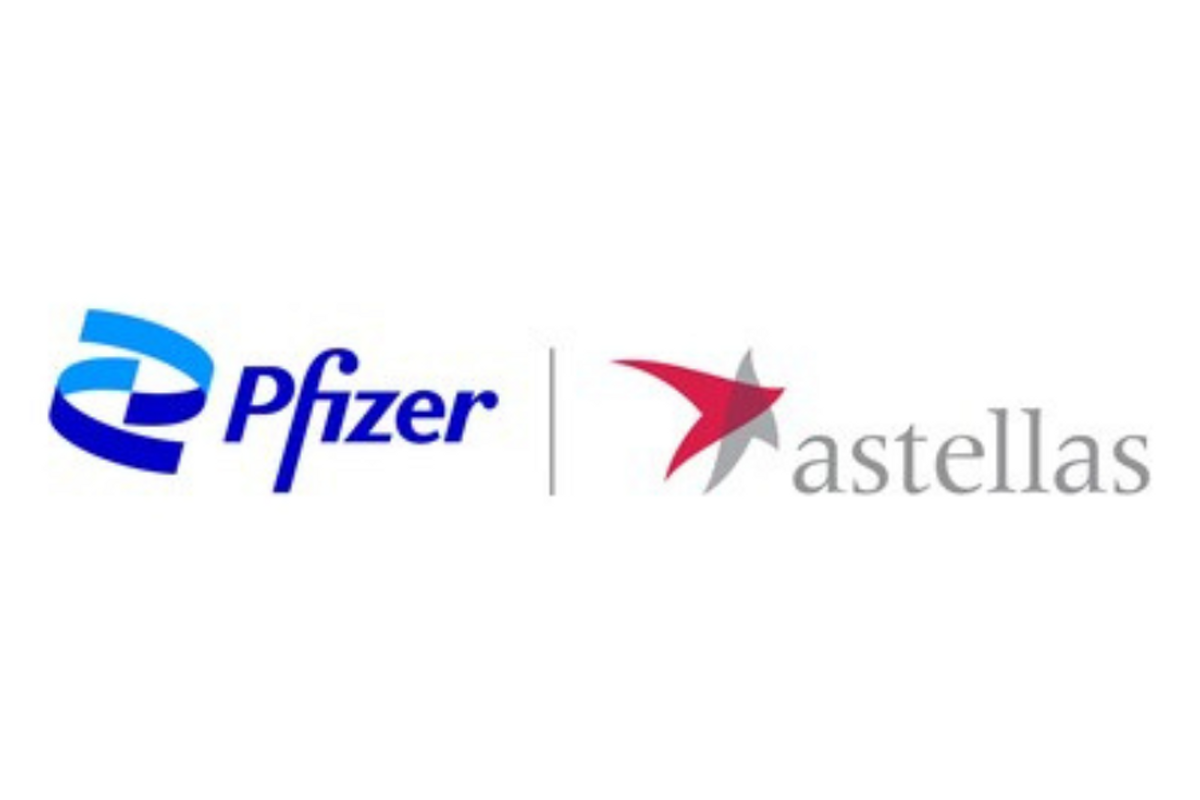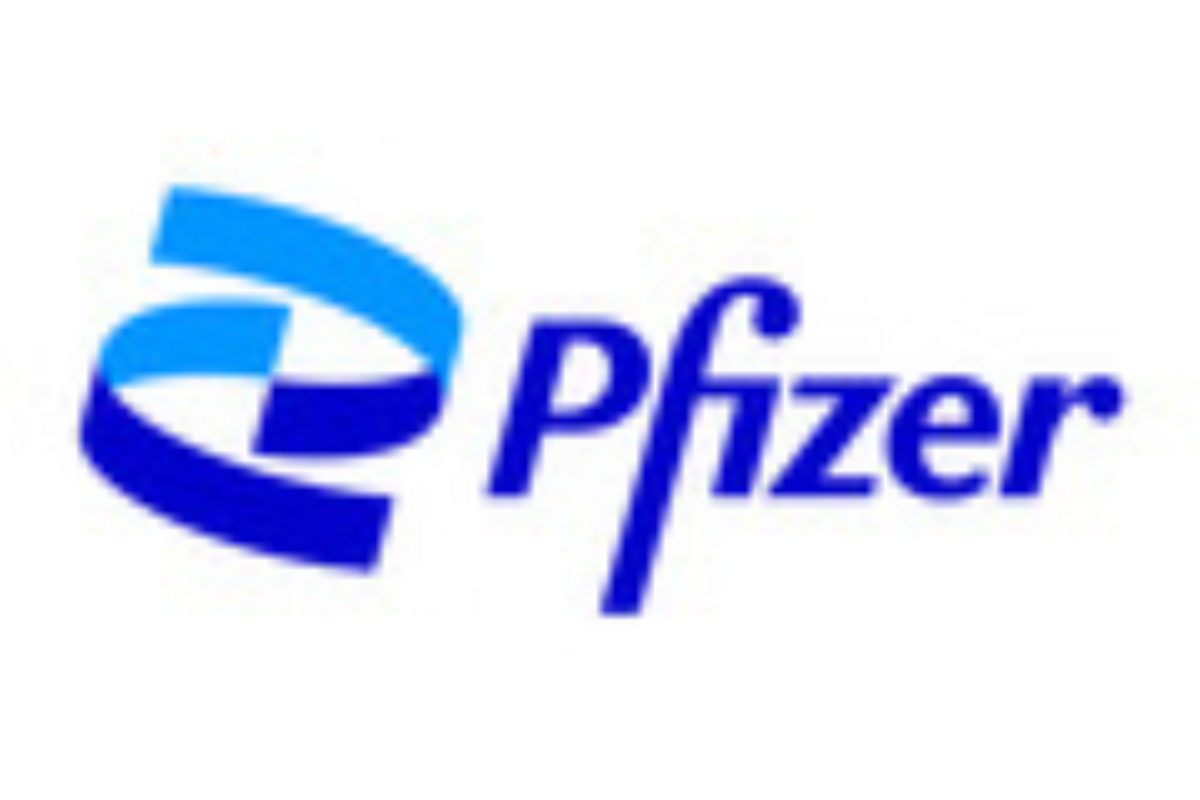Pfizer Inc. (NYSE: PFE) today announced positive top-line results from the Phase 3 BENEGENE-2 study ( NCT03861273 ) evaluating fidanacogene elaparvovec, an investigational gene therapy, for the treatment of adult males with moderately severe to severe hemophilia B.
The BENEGENE-2 study met its primary endpoint of non-inferiority and superiority in the annualized bleeding rate (ABR) of total bleeds post-fidanacogene elaparvovec infusion versus prophylaxis regimen with Factor IX (FIX), administered as part of usual care. The results demonstrated superiority with a mean ABR for all bleeds of 1.3 for the 12 months from week 12 to month 15 compared to an ABR of 4.43 during the lead-in pre-treatment period of at least six months, resulting in a 71% reduction in ABR (p
Fidanacogene elaparvovec was generally well-tolerated, with a safety profile consistent with Phase 1/2 results. Fourteen serious adverse events (SAEs) were reported in seven (16%) patients, with two assessed as related to treatment, a duodenal ulcer hemorrhage occurring in the setting of corticosteroid use, and an immune-mediated elevation of liver aminotransferase levels. No deaths, SAEs associated with infusion reactions, thrombotic events, or FIX inhibitors were reported.
Fidanacogene elaparvovec is a novel, investigational vector that contains a bio-engineered adeno-associated virus (AAV) capsid (protein shell) and a high-activity human coagulation FIX gene. The goal of this gene therapy for people living with hemophilia B, once treated, is that they will be able to produce FIX via this one-time treatment rather than having to regularly receive exogenous FIX. In this Phase 3 trial, eligible study participants (n=45) completed a minimum six months of routine exogeneous FIX prophylaxis therapy during the lead-in study ( NCT03587116 ) and then received one intravenous dose of fidanacogene elaparvovec at a dose of 5e11 vg/kg. Participants in the BENEGENE-2 study were screened with a validated assay designed to identify individuals who test negative for neutralizing antibodies to the gene therapy vector. Clinical trial participants will be evaluated as part of a long-term study over the course of 15 years.
"Pfizer has more than 30 years of experience in developing and commercializing therapies for hematological disorders, and a deep understanding of the significant challenges that people living with hemophilia continually face. We are proud to advance the latest innovation for people living with hemophilia B and are encouraged by the potential of this investigational gene therapy," said Chris Boshoff, M.D., Ph.D., Chief Development Officer, Oncology and Rare Disease, Pfizer Global Product Development. "We are extremely appreciative of those who are participating in the trial and to the investigators contributing to this innovative research as we work to unlock the full potential of gene therapies for people living with hemophilia."
Pfizer currently has three Phase 3 programs investigating gene therapy in populations where there is a high unmet need: hemophilia B, hemophilia A, and Duchenne muscular dystrophy. A Phase 3 trial is also ongoing investigating marstacimab, a potential novel subcutaneous therapy option being studied for the treatment of people with hemophilia A and B with and without inhibitors.
"The burden people living with hemophilia B face is significant, with many receiving routine infusions or injections which can interfere with their ability to take part in day-to-day activities that many take for granted," said Adam Cuker, M.D., M.S., Director, Penn Comprehensive and Hemophilia Thrombosis Program. "The BENEGENE-2 data demonstrate the promise of this gene therapy candidate as a potential one-time option for people living with hemophilia B as a means of reducing the clinical and treatment burden over the long term."
Fidanacogene elaparvovec has been granted breakthrough, regenerative medicines advance therapy (RMAT), and orphan drug designations from the US Food and Drug Administration, as well as PRIority MEdicines (PRIME) and orphan drug designation from the European Medicines Agency. Pfizer will discuss these data with regulatory authorities in early 2023.
Additional key data will be presented at a scientific conference in early 2023 as well.
About fidanacogene elaparvovec
Fidanacogene elaparvovec is a novel, investigational gene therapy that contains a bio-engineered AAV capsid and a high-activity human coagulation FIX gene. The goal of this investigational treatment for people living with hemophilia B, once treated, is that they will be able to produce FIX themselves via this one-time treatment rather than having to receive exogenous FIX.
Pfizer licensed SPK-9001 (fidanacogene elaparvovec), from Spark Therapeutics pursuant to a December 2014 agreement under which Spark Therapeutics was responsible for conducting all Phase 1/2 studies for the investigational gene therapy while Pfizer assumed responsibility for pivotal studies, any regulatory activities, and potential global commercialization.
About Hemophilia B
Hemophilia, a rare genetic bleeding disorder that causes the blood to take a long time to clot because of a deficiency in one of several blood clotting factors, is almost exclusively found in males. People with hemophilia are at risk for excessive and recurrent bleeding from modest injuries, which have the potential to be life threatening. People with severe hemophilia often bleed spontaneously into their muscles or joints, or rarely into other critical closed spaces such as the intracranial space, where bleeding can be fatal.
According to the World Federation of Hemophilia, more than 38,000 people worldwide were living with hemophilia B in 2021. People with hemophilia B have a deficiency in clotting FIX, a specific protein in the blood. Hemophilia B also is called congenital FIX deficiency or Christmas disease. The current standard of care requires recurrent intravenous infusions of either plasma-derived or recombinant FIX to control and prevent bleeding episodes.
Pfizer Inc.: Breakthroughs that Change Patients' Lives
At Pfizer, we apply science and our global resources to bring therapies to people that extend and significantly improve their lives. We strive to set the standard for quality, safety and value in the discovery, development and manufacture of health care products, including innovative medicines and vaccines. Every day, Pfizer colleagues work across developed and emerging markets to advance wellness, prevention, treatments and cures that challenge the most feared diseases of our time. Consistent with our responsibility as one of the world's premier innovative biopharmaceutical companies, we collaborate with health care providers, governments and local communities to support and expand access to reliable, affordable health care around the world. For more than 170 years, we have worked to make a difference for all who rely on us. We routinely post information that may be important to investors on our website at www.Pfizer.com . In addition, to learn more, please visit us on www.Pfizer.com and follow us on Twitter at @Pfizer and @Pfizer News , LinkedIn , YouTube and like us on Facebook at Facebook.com/Pfizer .
DISCLOSURE NOTICE: The information contained in this release is as of December 29, 2022. Pfizer assumes no obligation to update forward-looking statements contained in this release as the result of new information or future events or developments.
This release contains forward-looking information about fidanacogene elaparvovec, Pfizer's other gene therapy candidates, marstacimab and the potential of gene therapy, including their potential benefits, that involves substantial risks and uncertainties that could cause actual results to differ materially from those expressed or implied by such statements. Risks and uncertainties include, among other things, the uncertainties inherent in research and development, including the ability to meet anticipated clinical endpoints, commencement and/or completion dates for our clinical trials, regulatory submission dates, regulatory approval dates and/or launch dates, as well as the possibility of unfavorable new clinical data and further analyses of existing clinical data; the risk that clinical trial data are subject to differing interpretations and assessments by regulatory authorities; whether regulatory authorities will be satisfied with the design of and results from our clinical studies; whether and when drug applications for any potential indications for marstacimab or any of Pfizer's other gene therapy candidates may be filed in any jurisdictions; whether and when regulatory authorities in any jurisdictions may approve any such applications, which will depend on myriad factors, including making a determination as to whether the product's benefits outweigh its known risks and determination of the product's efficacy and, if approved, whether fidanacogene elaparvovec, marstacimab or any of Pfizer's other gene therapy candidates will be commercially successful; decisions by regulatory authorities impacting labeling, manufacturing processes, safety and/or other matters that could affect the availability or commercial potential of fidanacogene elaparvovec, marstacimab or any of Pfizer's other gene therapy candidates; uncertainties regarding the impact of COVID-19 on Pfizer's business, operations and financial results; and competitive developments..
A further description of risks and uncertainties can be found in Pfizer's Annual Report on Form 10-K for the fiscal year ended December 31, 2021 and in its subsequent reports on Form 10-Q, including in the sections thereof captioned "Risk Factors" and "Forward-Looking Information and Factors That May Affect Future Results", as well as in its subsequent reports on Form 8-K, all of which are filed with the U.S. Securities and Exchange Commission and available at www.sec.gov and www.pfizer.com .
View source version on businesswire.com: https://www.businesswire.com/news/home/20221229005024/en/
Pfizer:
Media Relations
+1 (212) 733-1226
PfizerMediaRelations@pfizer.com
Investor Relations
+1 (212) 733-4848
IR@pfizer.com







